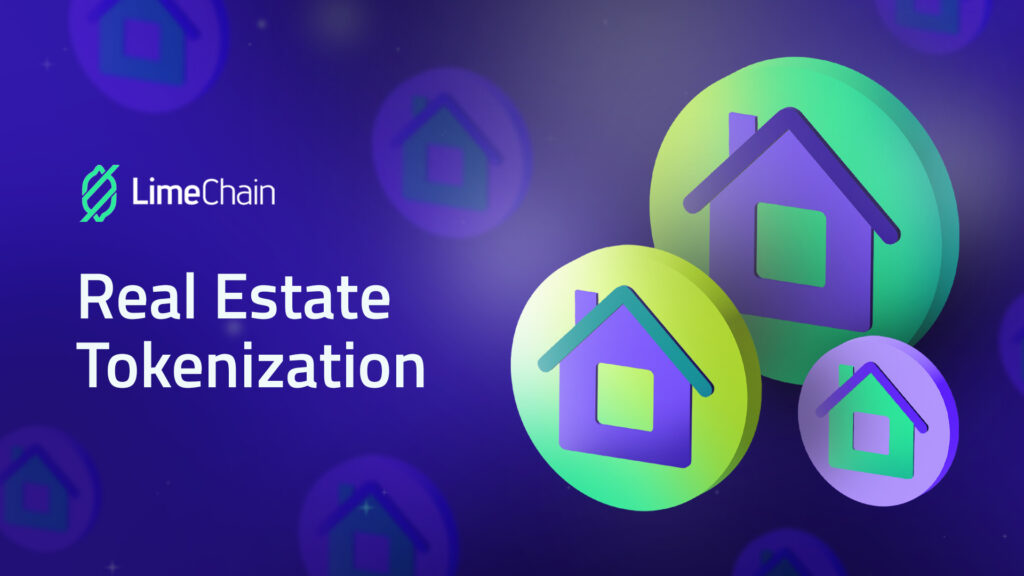

Real estate tokenization is an exciting new development that has the potential to breathe new life into property investment. It leverages blockchain technologies seeking to open up the real estate market to a larger pool of potential investors. In this article, we are taking a closer look at what real estate tokenization could bring to the property market, as well as the challenges it’s currently facing. Let’s go!
How real estate tokenization works
Real estate tokenization is the practice of creating blockchain-based digital tokens that represent ownership rights over real estate assets. Because of this real estate tokens are considered digital securities and are minted through security token offerings (STOs).
A real estate token can represent full or partial ownership of a property. The latter, also known as fractional ownership, is one of the unique selling points of real estate tokenization. Basically, you could mint some arbitrary amount of tokens, where each token gives its holder rights over a tiny fraction of its corresponding property. This is how real estate tokenization makes the property market more accessible to retail investors.
Benefits of real estate tokenization
The use of blockchain technology can benefit the real estate market in a number of ways. Here are some of the biggest benefits of real estate tokenization.
Increased Liquidity
Real estate tokenization introduces a new level of liquidity to the historically illiquid real estate market. Investors can trade their digital tokens on secondary markets, providing them with greater flexibility and easier access to their investments.
Fractional ownership and accessibility
Tokenization enables fractional ownership, allowing investors to own a portion of high-value properties without the need for substantial capital. This inclusivity opens up investment opportunities to a broader range of individuals.
Enhanced market efficiency
The utilization of blockchain and smart contracts streamlines the investment process, reducing the reliance on intermediaries and enhancing market efficiency.
Global market access
Real estate tokenization transcends geographical barriers, allowing investors from around the world to participate in properties located in different countries, providing diversified investment opportunities.
Challenges of real estate tokenization
As with any emerging innovation, real estate tokenization faces a number of challenges that need to be addressed. Let’s take a closer look.
Regulatory Uncertainty
The rapidly evolving regulatory landscape poses challenges for real estate tokenization. Different countries may have varying regulations and legal frameworks governing tokenized assets, requiring thorough compliance measures. One example of this is making sure that real estate tokens adhere to the relevant security laws in a given jurisdiction.
Another, often overlooked, aspect of this is that real estate token transactions would have to be reconciled with the official land registry of the jurisdiction.
Security and fraud risks
Despite the security features of blockchain, the digital nature of tokenized assets can attract malicious actors, making security measures critical to safeguard investor interests.
Market Acceptance
Real estate tokenization is still a relatively new concept, and its widespread adoption may take time as market participants and regulators gain a deeper understanding of its potential and risks.
Conclusion
Real estate tokenization holds significant promise for revolutionizing property investment. By leveraging blockchain technology and smart contracts, it addresses liquidity challenges, fosters inclusivity, and streamlines investment processes. As the technology matures and becomes more widely accepted, real estate tokenization has the potential to become a transformative force in the real estate market, creating new opportunities for investors and reshaping the way we approach property investment.